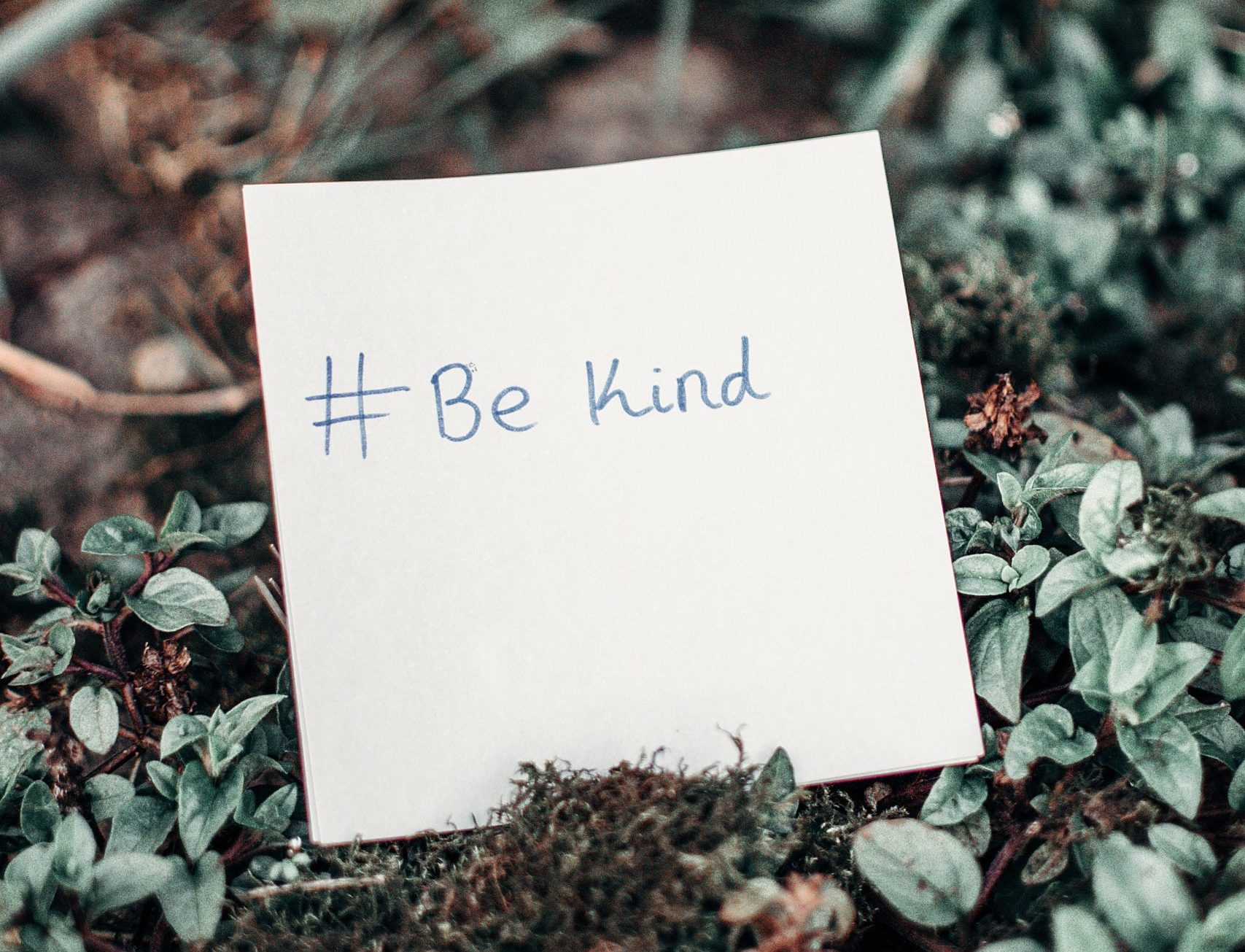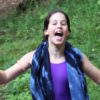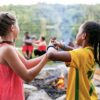This past Friday morning I came downstairs and mentioned to my 10-year-old that it was World Kindness Day (I knew that because Instagram told me it was). My son snorted, rolled his eyes and said — “What a joke.There’s no kindness in this world.” I was shocked. What did he mean? This was my sweet, optimistic, inquisitive kid. Where had this cynicism come from? So asked him: “What makes you say that?” And without skipping a beat he said, “Well, look at our President and our elections. How can we have World Kindness Day with all that going on?” I halfheartedly tried to say something positive and upbeat, but was pretty speechless because I didn’t really have a good response. He wasn’t wrong.
Ever since that exchange with my son, his cynicism about kindness has been eating away at me. He grew up with a mother that has consciously and consistently used the word “kind”: “What a kind thing to do for your friend!” Or “It’s so kind of you to share your treat with me!” (I read years ago why “kind” is a better word to use with kids than “nice”, but for the life of me, like most things these days, I now can’t remember why that is.) Anyways, kind, nice, whatever. Why is my kid snorting at the possibility of a World Kindness Day? Is it because he lives in a politically toxic culture? Is it because he watches snarky YouTubers all weekend? Is it because he binges morally questionable Disney shows with his sister? Is it because he’s had very little in-person social interaction with peers in nine months to counteract what he sees on screen?
I decided not to give up hope on him and kindness, partially because I know my kid is not a jerk and partially because I know there are so many good people in the world who are devoting their lives to building kind kids. But even still, if my son is any guide, we still need to help our kids find kindness when so much of what they see around them is unkind. How do we inspire kindness when the social media they consume, the news they watch, the video games they play often have an underlying element of meanness, of cruelty, of mockery?
Then on Sunday night, I heard a story that truly inspired me not to lose hope about our kids and kindness. I was texting with an old friend who was giving me pandemic skincare advice. (She truly should have a side hustle recommending beauty products to middle aged women who’ve spent the last 10 months neglecting their beauty regimes, drinking too much alcohol and eating processed foods like it’s their jobs.) As per usual, the text exchange expanded beyond beauty products to weightier topics like the precarious future of our nation and youth soccer politics. She then shared with me a story that, with her permission, I will share with you.
My friend’s daughter (and a Dynamo Girl Workshop graduate I am proud to say) noticed that a classmate was being bullied by a group of kids. She took it upon herself to write a formal email to her school advisor outlining the bullying using specific facts: references to insults, repeat offenders and what avenues she had already pursued to stop the bullying. Her email was cordial and factual, while making it eminently clear she expected action to be taken by the adults in the school to address the bullying. Based off her email, the school acted swiftly to address the bullying and when discussing the whole situation with her mom, she said that if the other kids call her a snitch “she can take it and will just say they are lame cowards.” I was blown away. This kid bravely used her kindness to make positive change for someone else. She advocated with insight and intelligence, going through the appropriate school channels and employing respectful dialogue to effectively stand up for another human being. Not only that, she consciously put herself in the line of fire in order to protect someone else, having weighed the risks and rewards of that choice.
THIS is kindness 2020 style. We talk to our kids about kindness until we’re blue in the face. We tell kids to be upstanders not bystanders. We exhort our daughters to find their voices. But at a certain point, do we just become Charlie Brown’s teacher? Wah wah woh wah wah. In this complex era of constant connection where our kids see unkindness in every corner, raging politics, social inequalities with an overlay of general snarkiness, we need to teach our kids not only the WHAT of kindness but also train them in the HOW of kindness. We need to arm them with the practical tools of HOW to practice kindness in their lives. How do I write an email to an adult that respectfully expresses my concerns? How do I effectively convey my argument ? Am I prepared to become a target of unkindness because I stood up for someone else? Who are the trusted adults I can go to if I have witnessed unkindness? Will my parents support my courage or do they care more about my social standing? Do I have friends who will have my back when I work toward kindness?
I realized, with my friend’s daughter as a guide, that using the word “kind” instead of “nice” is only the very tip of the kindness iceberg and it certainly isn’t enough to truly instill kindness in our kids and our culture. Like the other skills we seek to build in our children, kindness actually requires training, conversation and empathy. Kindness requires not one conversation, but like most things in parenting, discussions over and over again, through the years with increasing levels of sophistication and complexity. Kindness comes from repeated practice, from skill building, from whispered bedtime conversations and early morning breakfast pep talks, from adults modeling it for kids and, most wondrously, our kids modeling it for us. If I could go back in time to last week to my son’s incredulousness at the existence of a World Kindness Day, here’s what I would say to him:
Kindness is not a given, it is an aspiration. Kindness is a skill that we build and train for over time. Kindness is an act that often requires courage and risk taking. Kindness can sometimes feel scary and lonely. Kindness can also feel powerful and thrilling. World Kindness Day is not necessarily about what IS, but what we hope will BE.







